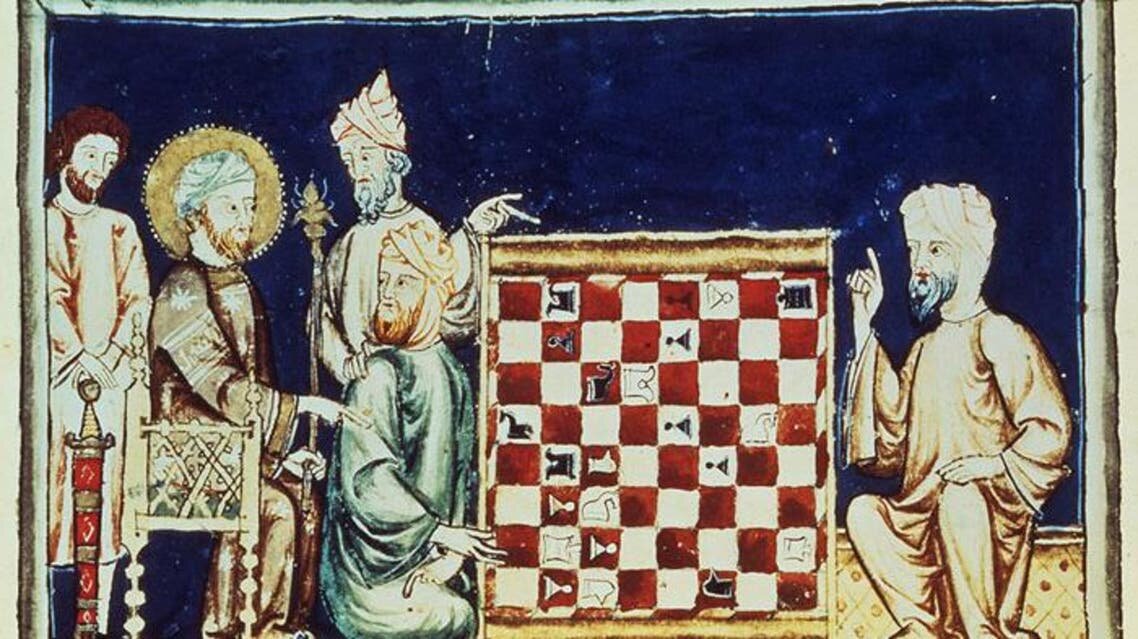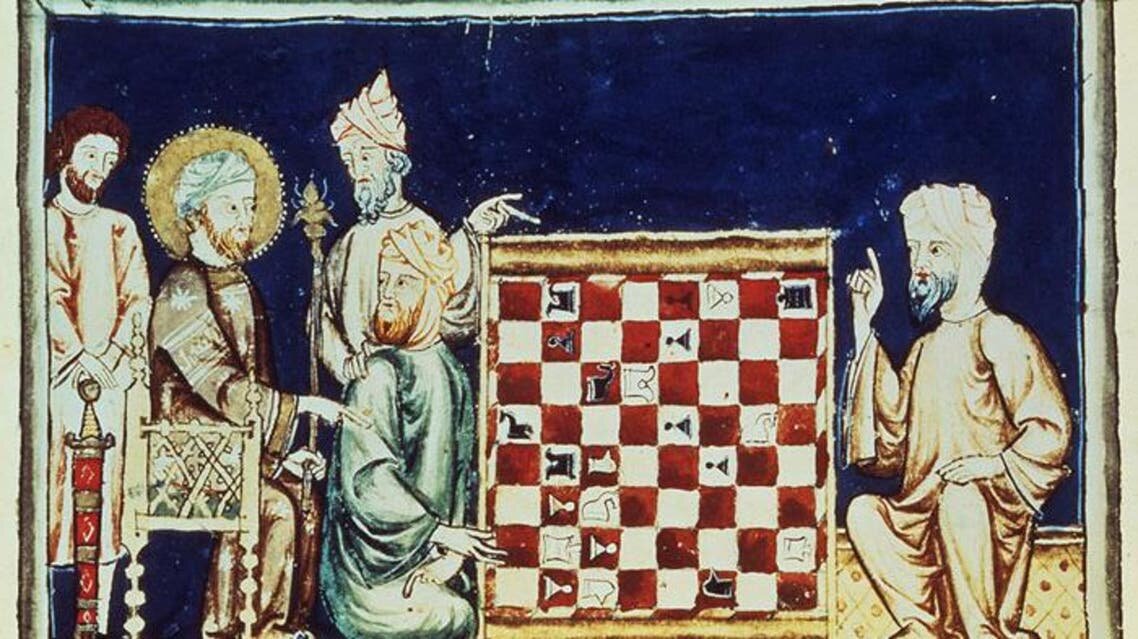
There’s a land not so far away that kisses the water lying still in all its glory. Through ages written and unsung, the skies have only ever opened up to the gratification of those who dare to take a stand there. And although kings and peasants alike, men and women alike, priests and sinners alike, and fair and unfair alike have walked among what now and always will be the city of God, there is a story that will not be forgotten: the story of Richard the Lionheart and Sultan Saladin.
The Third Crusade was, by far, the most important ones in the series of long walks that touched the far side of Europe all the way to the Holy Land. The Crusaders, lead by King Richard I of England, went hand-in-hand in battle with the Ayyubid Dynasty chaired by the great Sultan Salah ad-Din for years before finally returning home. The years - now formally categorised under the Third Holy Crusade - were later documented as one of the greatest chess game of all time: from the capture of Tyre and Acre to the siege of Jerusalem, the two Kings patiently commanded their troops to gain an upper hand on the other and while many moves bid fruitless, many almost forced the other to consider ceasing their positions.
Chess, a game of kings, has a history older than most empires, dynasties, and nations. It is a game of virtue, strategy, and most importantly patience. Such is the beauty of the game that one can write a story, as glorious as that of the Crusades, describing, maybe, an epic that may or may not have happened already. Jacobs University hosts one of the most brilliant Chess Club in the country - one that writes legends of old, present, and new in all its gratification.
“Chess, in only sixty-four squares, can write you the greatest of epochs,” Shaheer Farooq, class of 2020, and one of the best players I have ever had the pleasure of playing told me. “It’s a battlefield in all its aspects and every move has meaning.
“It goes without saying that chess is the most difficult game in the world. You have to train your mind to read the patterns that are in front of you. You need to realise and understand the importance of making sacrifices for the greater and general good and you have to be aware of what your opponent is thinking.
“Many people believe that chess is just about the next move, but in reality it’s about the next move and the next and the next until the very last one.”
Paul Morphy, an American chess player who is considered to have been the greatest chess master of this era and often considered the unofficial World Chess Champion once said: “Unlike other games in which lucre is the end and aim, [chess] recommends itself to the wise by the fact that its mimic battles are fought for no prize but honor. It is eminently and emphatically the philosopher’s game.”
Simon Williams, an English chess grandmaster and author, said “Unlike other games in which lucre is the end and aim, [chess] recommends itself to the wise by the fact that its mimic battles are fought for no prize but honor. It is eminently and emphatically the philosopher’s game.”
I myself, love the game and although I’ve never had the pleasure of joining the Chess Club on campus, I know that it doesn’t matter how ordinary the boards are or how unattractive the environment in which they are laid out is, for as long as there is opponent you can play with, there is a story to be told.
BY MUHAMMAD SHAHZAIB TAHIR AWAN (PAKISTAN) | CLASS OF 2022
